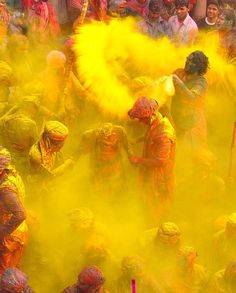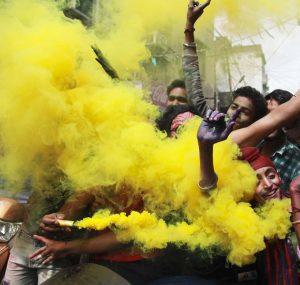
Invictus by William Ernest Henley: “I am the master of my fate: I am the captain of my soul.” Compare that to “Life happens.” In essence, these are examples of internal locus of control and external locus of control, respectively. Most protagonists—for good or ill—have an internal locus of control.

Locus of control is a psychological concept regarding an individual’s belief system concerning the causes of experiences, successes, and failures. Psychologists have been studying locus of control for approximately 70 years, and a lot has been discovered.

Note to writers: Be aware of what usually goes along with locus of control and how that might drive your characters.
Internal Locus of Control People


- Are more likely to take responsibility for their actions
- Tend to be less influenced by the opinions of others
- Often do better when they are allowed to work on tasks at their own pace
- Usually have a strong sense of self-efficacy
- Feel confident in the face of challenges
- Tend to work hard to achieve the things they want
- Tend to be physically healthier
- Report being happier and more independent
- Often achieve greater work/professional success

Internals Say Things Like
- “I know it’s up to me.”
- “I have to learn how to become more successful at X.”
- “I’m responsible for what happens in my life.”
- “If I want better grades, I have to start working sooner.”
External Locus of Control People


- Blame outside forces for their circumstances
- Often credit luck or chance for any successes
- Don’t believe they can change their situation through their own efforts
- Frequently feel hopeless or powerless in the face of difficulties
- Experiencing tasks as exceptionally difficult and consequently failing often can lead to developing an external locus of control as an ego defense mechanism

Externals Say Things Like
- “It’s too hard to succeed these days.”
- “The competition in my field is killing me.”
- “Just when you think you’ll get ahead, fate kicks you in the ass.”
- “The teacher had it out for me.”
Things to Keep in Mind When Determining Your Characters’ Behavior, Attitudes, and Feelings

- Locus of control is not an absolute, it’s a continuum.
- Men tend to have a more internal locus of control, women more external.
- When men fail, they tend to attribute the failure to luck or other external circumstances. When women fail, they are more likely to attribute the failure to their own abilities or efforts.
- When confronted with truly uncontrollable circumstances, externals are likely to suffer less psychological distress than internals.
- People who are externals are likely to experience anxiety because they believe they have no control over their lives, no predictability.
Roots of Locus of Control

While there’s a tendency to assume a person was born that way, there’s lots of evidence that early life experiences have a strong effect.

- Internals are more likely to have parents who encouraged independence.
- Internals have parents who help them see the connections between their actions and the consequences.
- Internals are likely to be healthier, less likely to be overweight, less likely to report poor health and high levels of stress.

- Externals grew up seeing no relationship between what they did and what happened.
- Even worse, externals who were “damned if you do, damned if you don’t” suffer learned helplessness.
Bottom line for writers: Use locus of control and situational variables to up the stakes for your characters.

